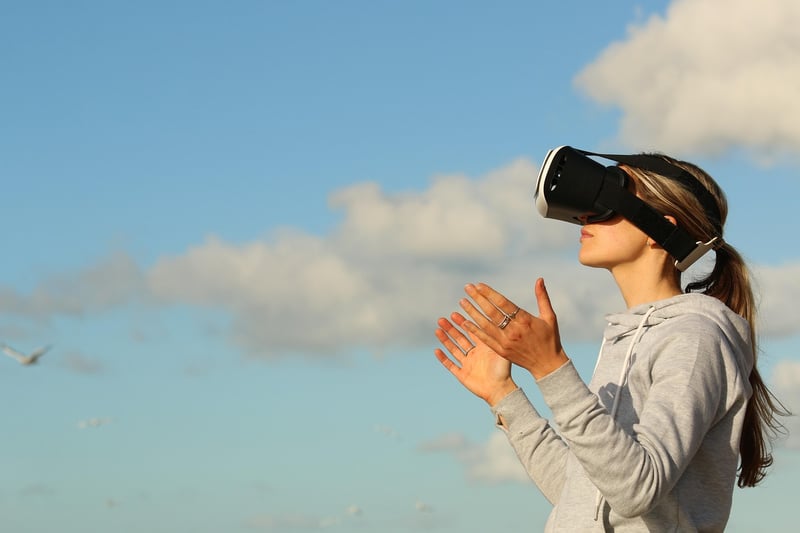Reality Distortion
Beware the Risks of Reality Distortion: A Closer Look
In today's fast-paced world, where technology constantly evolves and impacts our lives, it's essential to be aware of the risks associated with reality distortion. Reality distortion refers to the phenomenon where individuals perceive reality in a skewed or altered manner, often influenced by factors such as social media, advertising, or personal biases.
Understanding Reality Distortion
Reality distortion can manifest in various forms, leading individuals to develop unrealistic expectations, distorted self-perceptions, or a disconnect from actual reality. This distortion can have profound effects on mental health, relationships, and decision-making processes.
The Influence of Social Media
Social media platforms play a significant role in perpetuating reality distortion. The curated and often idealized versions of life presented on social media can create a false sense of reality, leading individuals to compare their lives unfairly and experience feelings of inadequacy or low self-esteem.
Managing Reality Distortion
It's crucial to develop strategies to mitigate the risks of reality distortion. This includes cultivating self-awareness, critically evaluating information sources, and practicing mindfulness to stay grounded in the present moment.
Seeking Professional Help
If you find yourself struggling with reality distortion, don't hesitate to seek professional help. Mental health professionals can provide guidance, support, and therapeutic interventions to help you navigate through distorted perceptions and regain a sense of clarity.
Conclusion
While reality distortion poses significant risks in today's digital age, being mindful of its influence and taking proactive steps to address it can lead to a healthier and more balanced perspective on reality. Stay informed, stay aware, and prioritize your mental well-being above all.

